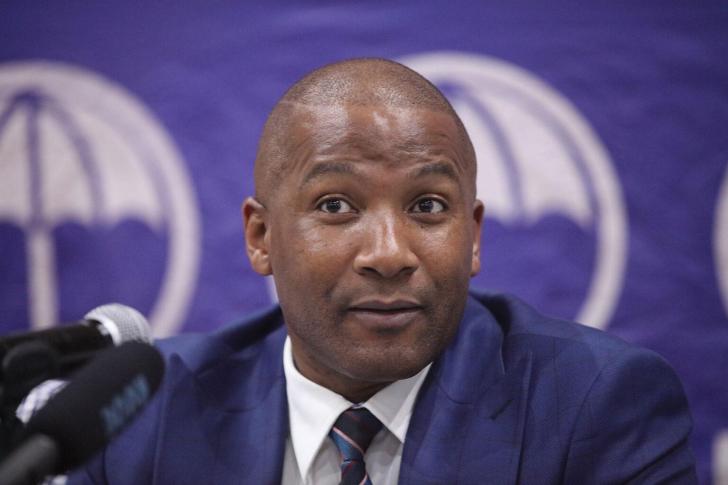News / National
Botswana's health sector hit by severe shortages
3 hrs ago | Views

Botswana's Ministry of Health has issued a stark update on the country's public health system, revealing a critical shortage of essential medicines and medical supplies that has forced the suspension of several non-urgent services. The Ministry cited ongoing financial challenges and a billion-pula debt as the main factors behind the current crisis.
According to the Ministry, the national supply of medicines and medical commodities is under severe strain. This has necessitated a streamlining of health services, with an urgent shift in focus toward life-saving care. The Ministry explained that the situation is being compounded by a P1 billion debt owed to private health facilities and suppliers, which continues to impact the government's ability to source and distribute critical resources.
Among the medications currently in short supply are those used to treat hypertension, various cancers, diabetes, asthma, tuberculosis, eye conditions, sexual and reproductive health issues, and mental health disorders. Additionally, basic medical supplies such as wound dressings and surgical sutures are also affected by the shortage.
In light of these constraints, the Ministry announced that it will give priority to emergency and urgent surgical procedures. Elective and non-urgent operations, such as joint replacement surgeries, organ transplants, and insertion of prosthetic eyes, will be postponed, particularly those that require referral to private facilities. The Ministry noted that it is currently unable to make as many private referrals as before due to the financial strain.
The Chronic Medicines Dispensing Programme, which allowed patients to collect their chronic medications from private pharmacies, has also been suspended. Patients affected by this change are advised to contact their nearest public health facility for continued support and care.
Despite the challenges, the Ministry reassured the public that it remains committed to saving lives and will continue to provide support wherever possible. Patients scheduled for non-urgent procedures will be monitored and managed by their local healthcare providers until services resume.
The Ministry emphasized that these measures are temporary and expressed optimism that operations will return to normal in the near future. It also committed to providing regular updates to keep the public informed as the situation evolves.
According to the Ministry, the national supply of medicines and medical commodities is under severe strain. This has necessitated a streamlining of health services, with an urgent shift in focus toward life-saving care. The Ministry explained that the situation is being compounded by a P1 billion debt owed to private health facilities and suppliers, which continues to impact the government's ability to source and distribute critical resources.
Among the medications currently in short supply are those used to treat hypertension, various cancers, diabetes, asthma, tuberculosis, eye conditions, sexual and reproductive health issues, and mental health disorders. Additionally, basic medical supplies such as wound dressings and surgical sutures are also affected by the shortage.
In light of these constraints, the Ministry announced that it will give priority to emergency and urgent surgical procedures. Elective and non-urgent operations, such as joint replacement surgeries, organ transplants, and insertion of prosthetic eyes, will be postponed, particularly those that require referral to private facilities. The Ministry noted that it is currently unable to make as many private referrals as before due to the financial strain.
The Chronic Medicines Dispensing Programme, which allowed patients to collect their chronic medications from private pharmacies, has also been suspended. Patients affected by this change are advised to contact their nearest public health facility for continued support and care.
Despite the challenges, the Ministry reassured the public that it remains committed to saving lives and will continue to provide support wherever possible. Patients scheduled for non-urgent procedures will be monitored and managed by their local healthcare providers until services resume.
The Ministry emphasized that these measures are temporary and expressed optimism that operations will return to normal in the near future. It also committed to providing regular updates to keep the public informed as the situation evolves.
Source - byo24news






























